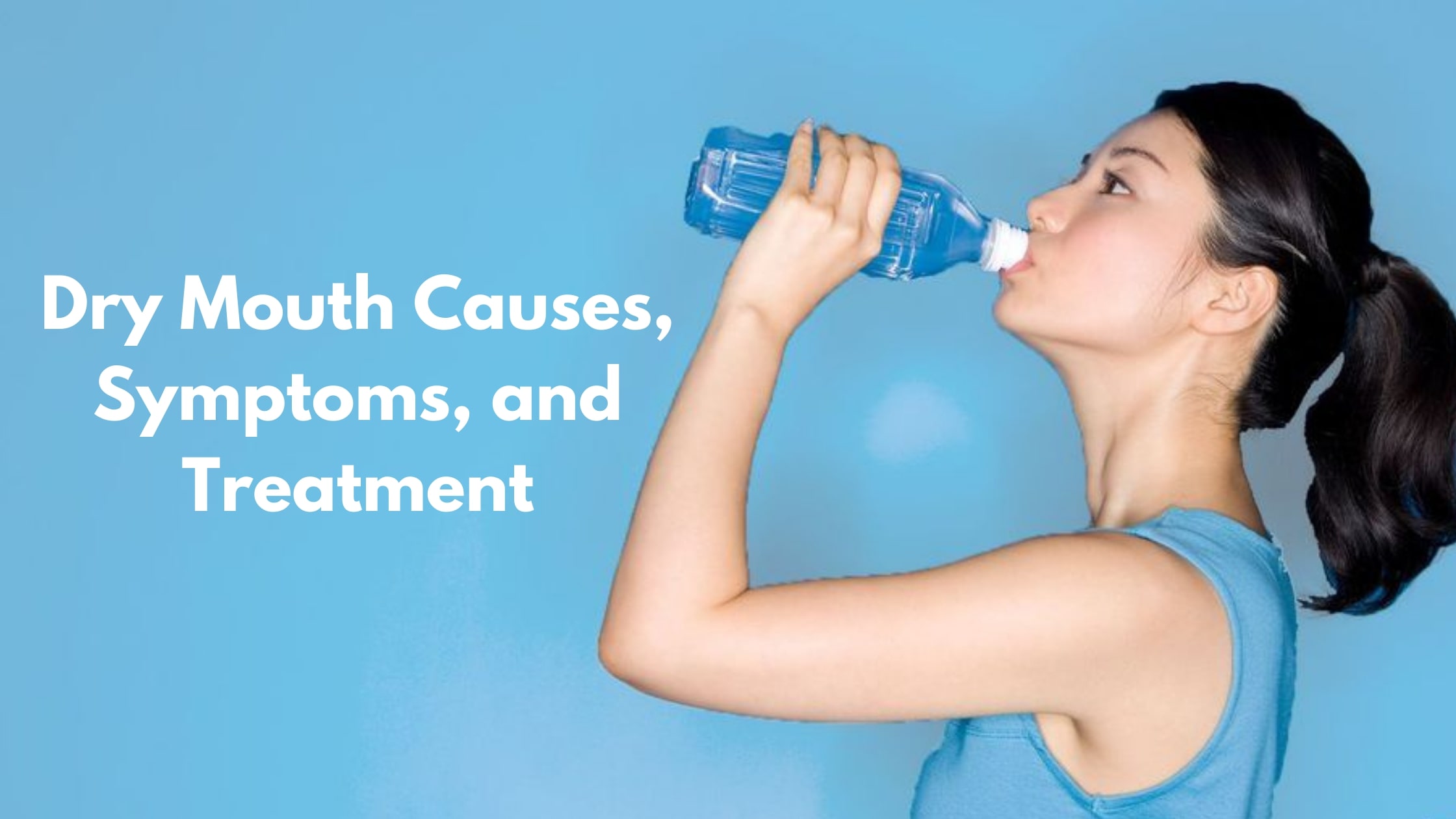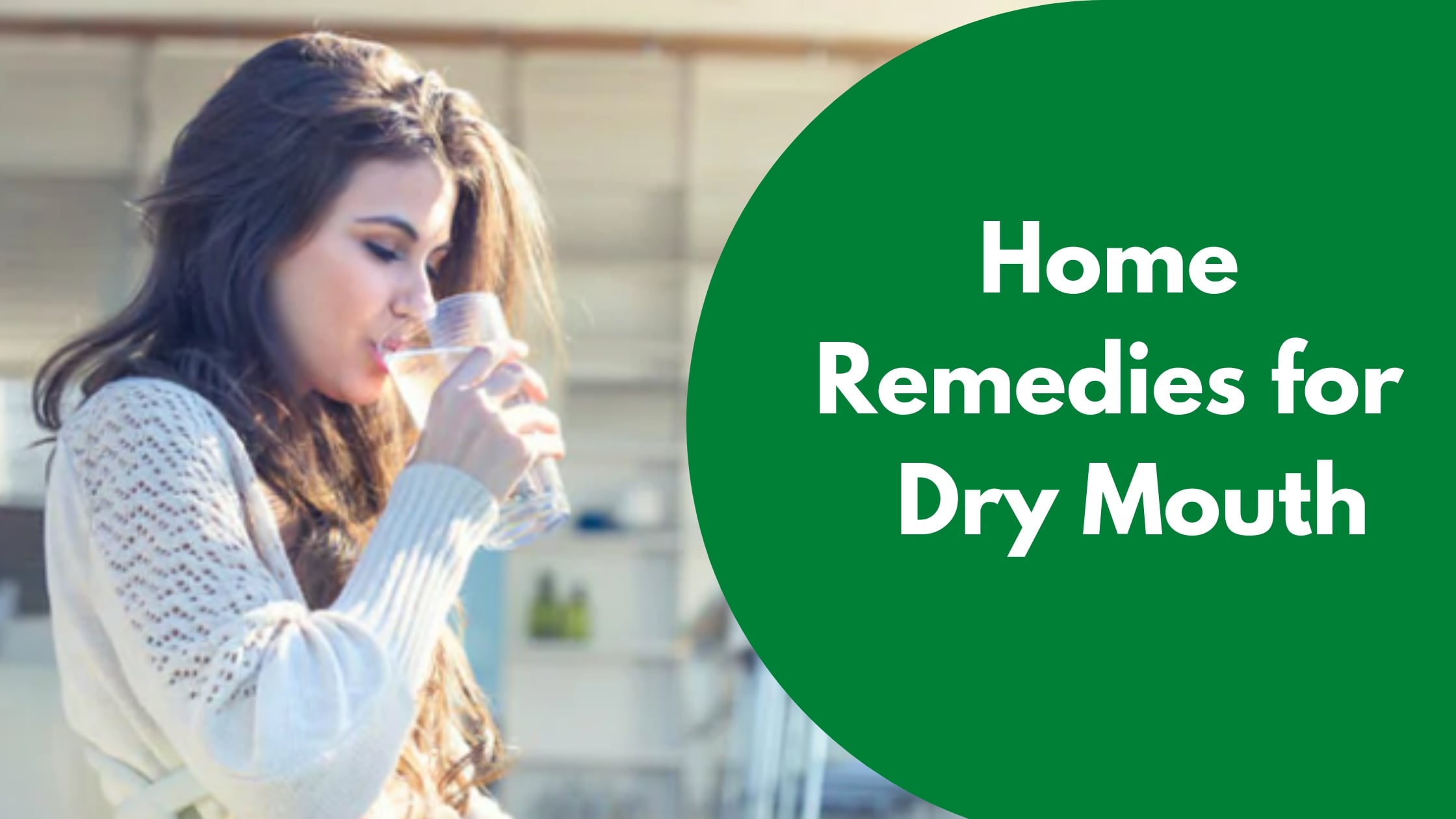

Dry mouth, also known as Xerostomia, When you don’t make enough saliva, your mouth gets dry. The role played by saliva to keep the balance in the human body often goes unnoticed. It plays a significant role
If not for saliva, people will experience tooth decay, fungal infections, and many more problems leading to major health concerns. When the salivary glands do not generate enough saliva to maintain this delicate balance, it causes dry mouth or xerostomia.
The condition commonly causes dry throat, bad breath, and chapped lips, leaving you feeling thirsty even after consuming enough liquids.
Though it is not a severe medical condition, if left untreated, it can cause serious damage to your overall wellbeing, since the mouth is the entry point for supplying the energy required for the body.
One of the most straightforward reasons for dry mouth is anxiety and stress, which is treatable easily. The other common cause is medications. There are over 400 known medications that cause dry mouth on consumption. In such cases, once you stop taking those medicines, xerostomia also goes away.
Other mouth dryness reasons include:
A dry mouth often is not life-threatening. Keeping yourself hydrated should resolve the issue if you are experiencing dry mouth because of dehydration or anxiety.
Only when the following symptoms persist and realize your salivary glands are not producing enough saliva, consult your doctor immediately to get to the underlying cause of dry mouth.
A few of the common symptoms are
In case your dry mouth is arising because of an underlying health condition, your doctor will adjust or prescribe medicines to correct the saliva production.
A thorough examination is needed to find the underlying cause of dry mouth. The dentist or the health care expert will gauge saliva production under both salivary gland stimulated and non-stimulated conditions. They will also inspect for blockages in the salivary gland or if the glands are infected. Based on their investigation, they will suggest reliable remedies to correct the condition.

We can divide home remedies for curing dry mouth problems into four parts.
Saliva Preservation: This included developing healthy breathing practices such as breathing through the nose instead of the mouth. In case the patient has snoring problems, the doctor will suggest optimal sleeping positions and necessary measures to get rid of the problem to ensure more comfortable breathing patterns through the night. Avoiding alcohol and caffeine consumption and smoking can significantly reduce dry mouth.
Saliva substitution: Consuming more fluids like water, fruit, and vegetable juices without sugar and salt, sucking on ice chips, can help you avoid dry mouth. There are several oral care products like oral lubricants that act as saliva substitutes. These are to be taken under the doctors’ guidance to avoid long-term damage to the salivary glands and be over-dependent on these medicines.
Saliva Stimulation: Several stimulants like non-sugar chewing gum play a vital role in keeping the salivary gland active. Lozenges or chewable tablets also help stimulate saliva production in the mouth and thus avoid mouth dryness.
Prevention of Infections: Maintaining proper oral hygiene goes a long way in keeping infections at bay. Keeping up your dentist appointments, avoiding eating sugar candies, and other food that can damage your tooth and gums leading to disease frequently, are few measures to be taken personally to prevent dry mouth.
Other preventive measures to avoid dry mouth and improve saliva flow:
Dry mouth is easily treatable at homes if the underlying causes are simple. We suggest you consult your dentist or doctor if the symptoms mentioned in the article persist.
The health care specialist can help correct the medications or guide you in the right direction to resolve the problem of dry mouth.
Do not forget to stay hydrated by consuming liquids. Keep up your dentist appointments to avoid complications arising in the future. For the body to function well, every detail has to be in balance. Keeping your health in check is in your hands.

 Emergency Number
Emergency Number